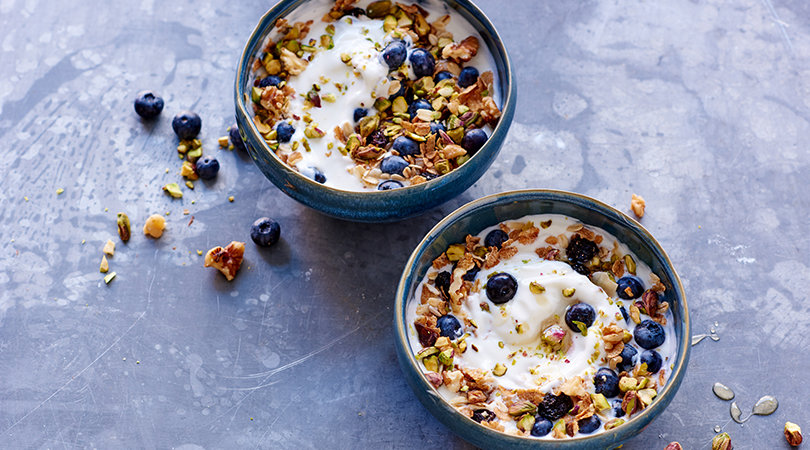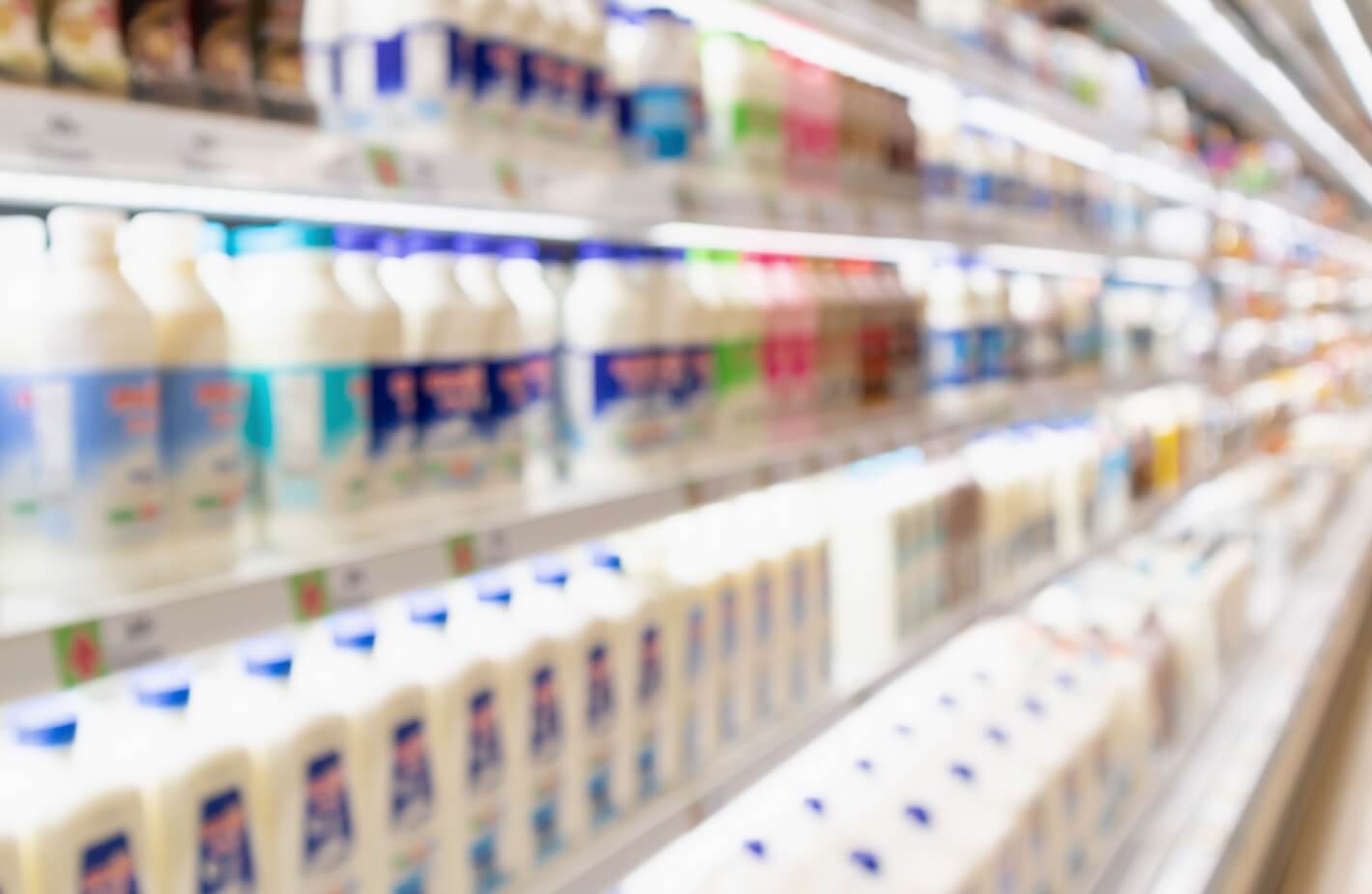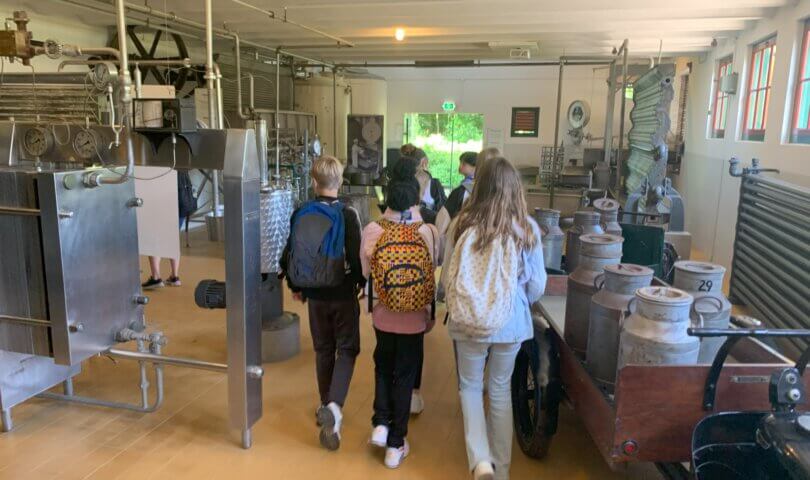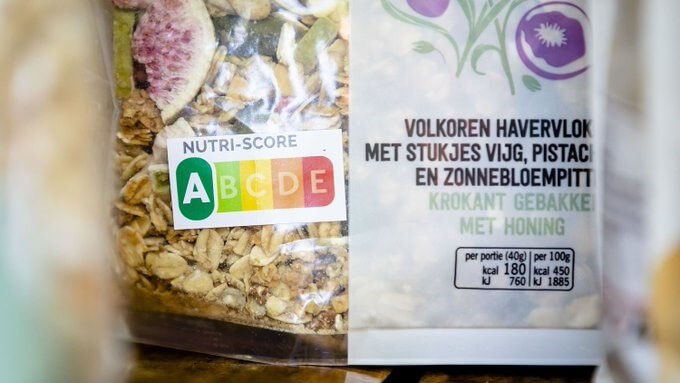

Sustainable dairy
Dairy as part of a healthy and sustainable diet, thanks to the amount of nutrients it contains.
Read moreAround the world, dairy is a primary source of energy; it contains large concentrations of nutrients and is affordable. The Food and Agriculture Organization (FAO) recommends milk and dairy products as an important source of energy, protein, and fats for humans, and as part of a balanced diet.
The Dutch dairy sector is working non-stop to make the production of milk more sustainable. In fact, compared to the rest of the world, the Dutch dairy farm is a different breed altogether. As a result, greenhouse gas emissions per kilogram of milk produced in the Netherlands are far below the global average.
In August of 2015, the Dutch Dairy Association asked Blonk Consultants, an environmental consultancy firm, to determine the effects of dairy consumption on land use and CO2 (greenhouse gas) emissions. The environmental effects of substituting milk, yogurt, cheese, and other dairy products in our diet were analyzed using the Optimeal® program developed by Blonk Consultants and the Netherlands Nutrition Centre. Blonk Consultants examined the effects of increasing or decreasing the amount of dairy in the average Dutch diet without compromising nutritional values or deviating dramatically from existing patterns.
Optimeal® revealed that there is little environmental advantage to substituting dairy in the average Dutch diet. The reason is that a wide range of different products are needed to compensate (nutritional) for the omission of dairy. And these products together also have an environmental impact.
Growing demand for good nutrition
Global population growth and rising prosperity levels are driving the ever-growing demand for good nutrition. The responsible supply of food in the future requires food that is both sustainable and healthy. Whether a product meets these conditions depends on its environmental impact and its nutritional value. Around the world, dairy products provide people with essential nutrients. The production of dairy, therefore, must continuously work toward becoming more sustainable. The Netherlands has been targeting this goal for many years.
The FAO defines a “sustainable diet” as one which is “protective and respectful of biodiversity and ecosystems, culturally acceptable, accessible, economically fair and affordable; nutritionally adequate, safe and healthy; while optimizing natural and human resources.” The FAO states that dairy plays an important role in providing the world’s growing population with the nutrients we need.




